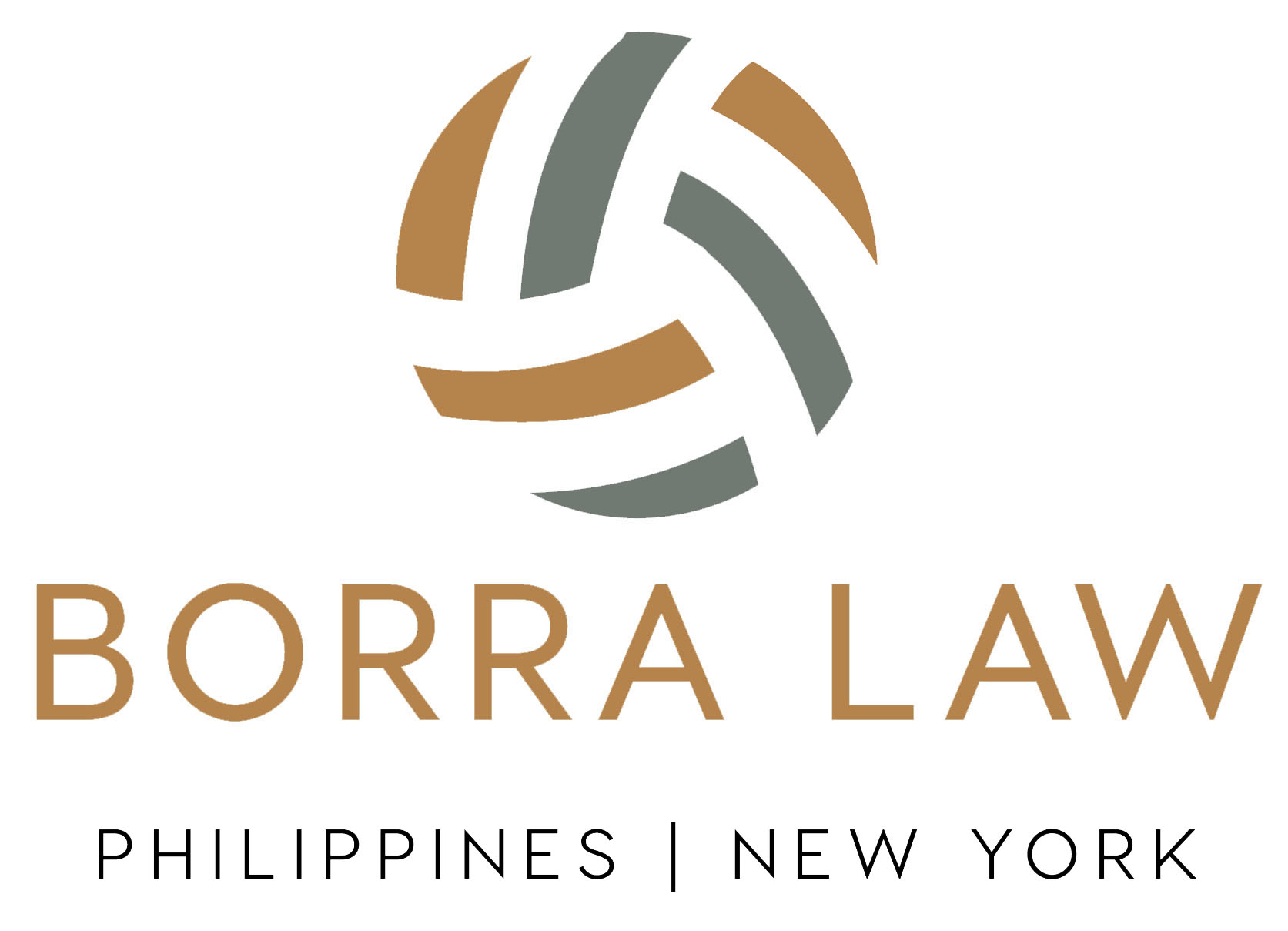Starting a Business in the Philippines: A Guide for Foreign Investors
The Philippines, an archipelagic nation in Southeast Asia, offers a wealth of opportunities for foreign investors looking to establish a business presence in the region. With its strategic location, skilled and English-proficient workforce, and favorable investment climate, the Philippines has become an attractive destination for companies seeking to expand their operations.
The Philippine economy has shown remarkable resilience and growth in recent years, driven by robust domestic consumption, a thriving services sector, and a growing focus on industrialization and infrastructure development. The country’s stable political environment, vibrant democracy, and commitment to economic reforms have further bolstered its appeal as an investment hub.
Types of Business Entities in the Philippines
The most common types of business entities are:
A. Sole Proprietorship: A business owned and managed by a single individual, suitable for small-scale operations.
B. Partnership: A business formed by two or more individuals or entities, with shared ownership and responsibilities.
C. Corporation: A separate legal entity from its owners, offering limited liability protection. Corporations can be further classified as:
- Stock Corporation: A corporation with a capital stock divided into shares, owned by stockholders.
- Non-Stock Corporation: A corporation without capital stock, often formed for non-profit or social purposes.
D. Branch Office: A foreign corporation can establish a branch office in the Philippines, which is considered an extension of the parent company and not a separate legal entity.
For foreign investors, the most common form of investment vehicle is the corporation due to its limited liability feature.
Steps to Form a Corporation in the Philippines
Forming a corporation in the Philippines involves several steps, including:
A. Choosing a Corporate Name: The proposed name must be unique, inoffensive, and not deceptively similar to existing corporations.
B. Preparing the Articles of Incorporation and By-Laws: These documents outline the corporation’s purpose, capital structure, and governance rules.
C. Registering with the Securities and Exchange Commission (SEC): The SEC is the primary regulatory body for corporations in the Philippines. Registration involves submitting the required documents and paying applicable fees.
D. Obtaining Tax Identification Numbers: Corporations must secure various tax identification numbers, such as the Tax Identification Number (TIN) and Value-Added Tax (VAT) registration.
E. Obtaining Permits and Licenses:
- Business Permit: Corporations must secure a business permit from the local government unit where they plan to operate.
- Other industry-specific permits/licenses: Depending on the nature of the business, additional permits or licenses may be required from relevant government agencies.
Corporate Requirements and Compliance
Corporations in the Philippines must adhere to certain requirements and regulations, including:
A. Board of Directors and Officers: Corporations must have a board of directors and appointed officers responsible for managing the company’s affairs.
B. Annual Reporting and Compliance: Corporations are required to submit annual reports, financial statements, and other compliance documents to the SEC and other relevant agencies.
C. Tax Obligations: Corporations are subject to various taxes, including corporate income tax, value-added tax (VAT), and withholding taxes, among others.
D. Labor Laws and Employee Benefits: Corporations must comply with Philippine labor laws, including minimum wage requirements, social security contributions, and providing mandatory benefits to employees.
Investment Incentives and Support
The Philippine government offers various incentives and support programs to encourage foreign investment and promote specific industries or economic zones. Some of the key investment promotion agencies include:
A. Philippine Economic Zone Authority (PEZA): PEZA oversees and manages special economic zones, offering tax incentives and other benefits to businesses operating within these zones.
B. Board of Investments (BOI): The BOI provides fiscal and non-fiscal incentives to priority investment projects that meet certain criteria, such as job creation, technology transfer, and environmental protection.
C. Other Investment Promotion Agencies: Depending on the industry or location, foreign investors may also explore incentives and support from agencies like the Subic Bay Metropolitan Authority (SBMA), Clark Development Corporation (CDC), and the Department of Trade and Industry (DTI).
Conclusion
The Philippines presents a compelling destination for foreign investors seeking to establish a business presence in a dynamic and rapidly growing market. With its strategic location, skilled workforce, and favorable investment climate, the country offers numerous opportunities across various sectors.
By understanding the process of forming corporations, complying with relevant regulations, and taking advantage of available incentives and support programs, foreign investors can seamlessly navigate the Philippine business landscape and position themselves for success.
Should you need assistance in forming a corporation and starting a business in the Philippines, email us at kpborra@borralaw.com
With its rich potential and commitment to fostering a business-friendly environment, the Philippines stands ready to welcome foreign investors and support their endeavors in this vibrant and promising market.

